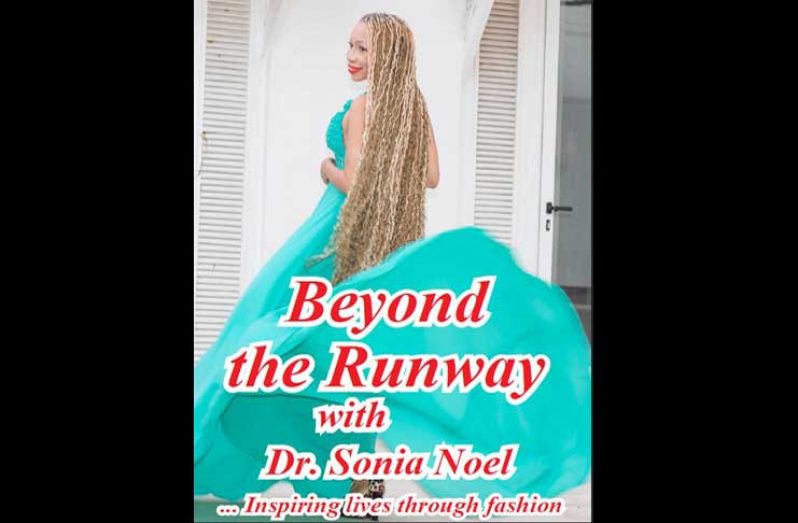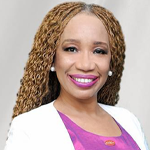I have given blood and always encourage others to do so. My Friend Ron Robinson has given more blood than anyone I know. I decided years ago I will donate all the organs they can utilise on my body when I die. Recently I become even more passionate about that decision. A couple of years ago I attended the Professionally Fabulous women group meeting and met some phenomenal women. De Ann Connolly was one of them and we reconnected on my recent trip to Florida. During our conversation, we learnt so much about each other. Cancer (she is a survivor) and organ donation were part of the content for a wonderful evening together.
She came from a family of donors. Her grandmother donated her eyes at age 100, while both her mother and father donated their bodies to cancer research. One single organ and tissue donor can save or improve the lives of more than eight people, helping to restore eyesight, damaged tissues or vital functions. Her late husband Graham died at age 33 and his after-death story is so impressive. His donation contributed to 70 lives and among them, five lives were immediately saved. Imagine, after death, you contributed to 70 lives – wow. I am so captivated by this story and needed to know how she felt.
This is what she had to say:
“April 5, 2001, was the worst day of my life. On that day, my strong healthy 33-year-old husband was declared brain dead after jumping from my vehicle while I was driving about 25 mph a block away from my home. My husband suffered from a bipolar disorder, and this action was one of many irrational decisions he had made in his young life. This time he didn’t survive. When he fell, he hit his head on a rock. Although inconsolable when I realised I had lost my husband, I didn’t hesitate when asked if I would donate his organs for life-giving surgeries. What I didn’t find out until later was that because my husband was so incredibly healthy, he became the largest single organ donor in the history of Jackson Memorial Hospital in Miami. Within 48 hours of his death, the hospital performed a record seven transplants of my husband’s major organs on five patients. Larry Buhrman, 55, of Parkland, received his liver. Richard Jackson, 42, an auto mechanic from Lake Wales, received his lungs. Michael Marteli, 34, a Tampa paramedic, received a kidney and a pancreas. Diego Grimaldo, 13, of Miami, received a kidney. Kevin Roy, 45, a construction worker from Loxahatchee, received a heart. None of the organs was rejected. My husband’s death saved five lives and gave a better quality of life with his tissue, skin and bone for 70 other surgeries. I was fortunate to have been educated about the importance of organ donation my whole life. My entire family was organ donors. My 100-year-old grandmother was able to donate her eyes when she passed. My mother and father donated their bodies for research because their organs were not suitable for donation due to disease. I encourage families to discuss the importance of organ donation. An average of 20 people die every day waiting for an organ transplant. While devastated by my husband’s death, it’s a blessing to know he gave life and quality of life. It makes the pain of loss easier to bear. Even in death, we can give life.”
I was listening to her and thinking, imagine those recipients did not care at that moment what race, sex, where the person was from or how many degrees that have.
A few nights ago I reminded my daughter Marisca of my desire to be a donor and she said it is something she wants to do also. I am intentional about making a significant contribution while I am alive and if I can do it in death as well, WHY NOT? Every part of me they can use for another person I give full permission. This is something we all should think about and discuss with your families.
None of us are getting out of here alive and that is why we need to live every day capturing the full capacity of life. Recently, I reminded someone who was fuming about a parking space that we take nothing with us and some things, not even the organs we were born with. Although death is inevitable it is a discussion we try to avoid. Although my brother knew how ill he, he never discussed death in all our conversations.
“The greatest tragedy in life is not death, but a life without a purpose.” Those were the words of the late Dr Myles Munroe. He certainly lived a life of purpose and left a legacy that will live on.
Take a few minutes to think about what else you can do to contribute to humanity with your allotted time on earth. I encourage us to leave a legacy as we continue this beautiful journey called life BEYOND THE RUNWAY.



.jpg)










